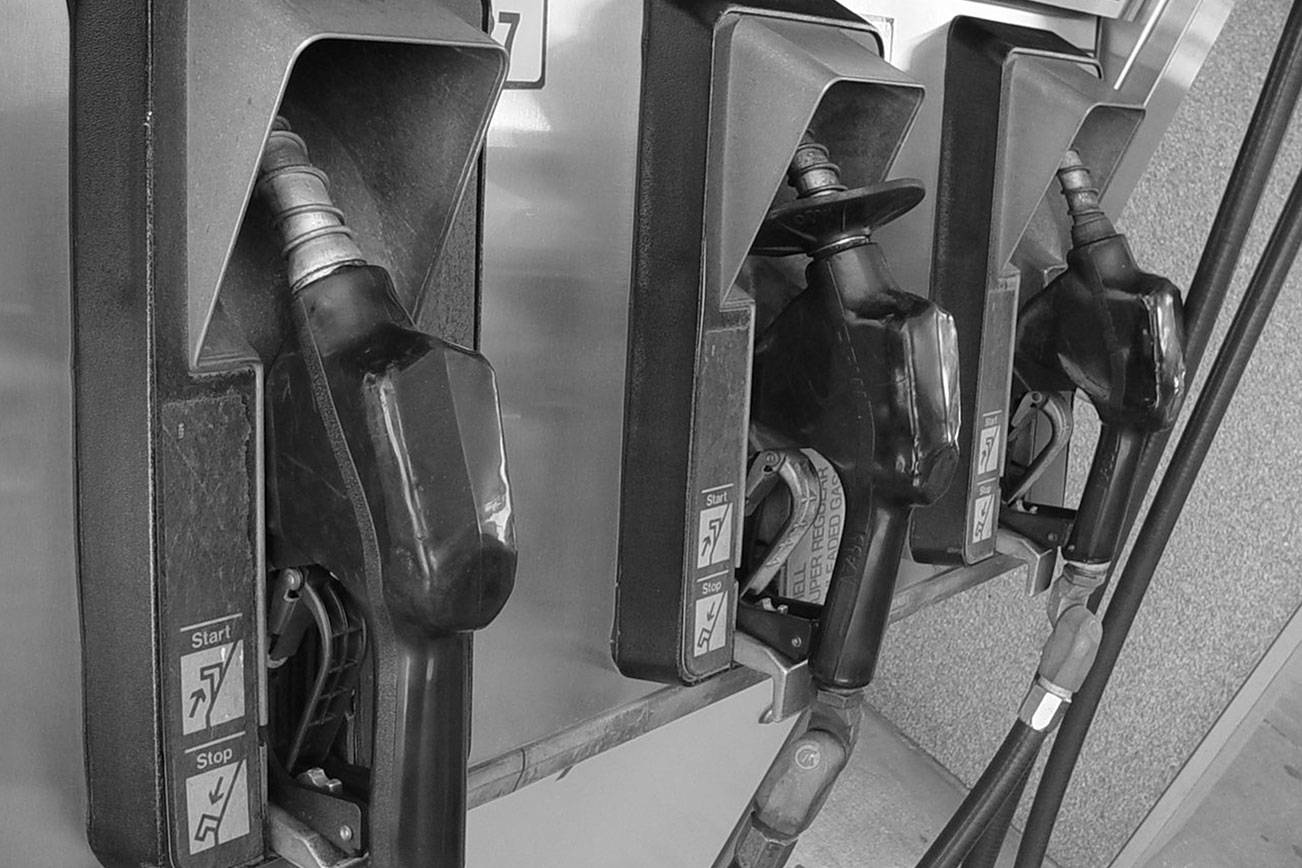OLYMPIA — If the Democrat-controlled Legislature fails to pass a low-carbon fuel standard this session, Steve Hobbs, one of their own, will get blamed.
He knows it.
The Lake Stevens Democrat is chairman of the Senate Transportation Committee, where the legislation will get a hearing Thursday afternoon, April 4.
What happens after that is unknown.
Technically, the legislation, House Bill 1110, needs to be approved by the panel by April 9 to have a shot at becoming law. Hobbs has made clear he isn’t a fan of the bill and has made no commitments to bring it up for a vote.
Environmentalists and progressive Democrats are turning up the heat on him to advance it. Democratic Gov. Jay Inslee wants it, too – as does his presidential-candidate self.
Representatives of the oil industry, trucking association and business organizations are lobbying him equally hard to bottle it up.
And a few House colleagues who helped to pass it on a 53-43 vote want it to die, as well. Apparently they voted for it with their fingers crossed, hoping the moderate Hobbs would put the brakes on it in the Senate.
“There are House Democrats who came up to me and said, ‘Are you going to kill that bill because I voted for it knowing you would kill it,’” he confirmed.
The bill would require that gasoline be produced with a little less concentration of carbon molecules. Then, when the fuel gets burned while powering our cars and trucks, a tad less greenhouse gas and other pollution-causing emissions would be generated.
Folks driving this policy point out that California and Oregon have gone in this direction, and new standards have not triggered a collapse of their economies or crushed their car-loving cultures.
Opponents caution it won’t be easy or cheap to do. Ultimately, gas prices would climb in Washington, at least a couple of pennies a gallon, to cover the corporate tab for research, development and distribution.
This is what causes Hobbs to lose interest.
If gas prices go up, gas purchases will go down. Economists call it price elasticity of demand. It presumes cost-conscious consumers would find ways to curb their fuel consumption due to its higher price.
So what’s great for the environment is not so great for the state’s transportation budget. Gas taxes are its primary financial fuel, and any drop-off means potentially less revenue for preserving and maintaining highway infrastructure, let alone financing new projects.
“I don’t want to pass something out that takes money away from our budget,” he said.
What’s the end game? Does Hobbs seek something in exchange for moving the low-carbon fuel standard legislation to the next stage?
What he might be willing to deal on is a new transportation package equivalent to what lawmakers passed in 2015.
He is trying to find sources of money for a few critical projects like widening the westbound U.S. 2 trestle between Lake Stevens and Everett, and building a new bridge for I-5 over the Columbia River. And he’d like to bolster funding of transit and make a serious dent in removing culverts and other barriers to fish passage.
Early in the session he proposed a $16 billion package. It would even be partly funded with a carbon tax, a favorite of environmentalists. Yet it’s gotten the brush-off from Democratic legislative leaders and the governor, who has championed the value of putting a price on carbon to arrest climate change.
Hobbs is also open to establishing a cap-and-trade system as long as it generates dollars for transportation. Sen. Reuven Carlyle, D-Seattle, has introduced a bill that could be such a vehicle. It, too, looks to be a long shot, though conversations are taking place.
For the four-term senator who still harbors aspirations for statewide office, it’s a situation with few options for a win.
Hobbs will endure political bruising under almost any scenario.
And he knows it.
Jerry Cornfield: 360-352-8623; jcornfield@herald net.com. Twitter: @dospueblos.
Talk to us
Please share your story tips by emailing editor@kentreporter.com.
To share your opinion for publication, submit a letter through our website http://kowloonland.com.hk/?big=submit-letter/. Include your name, address and daytime phone number. (We’ll only publish your name and hometown.) Please keep letters to 300 words or less.

